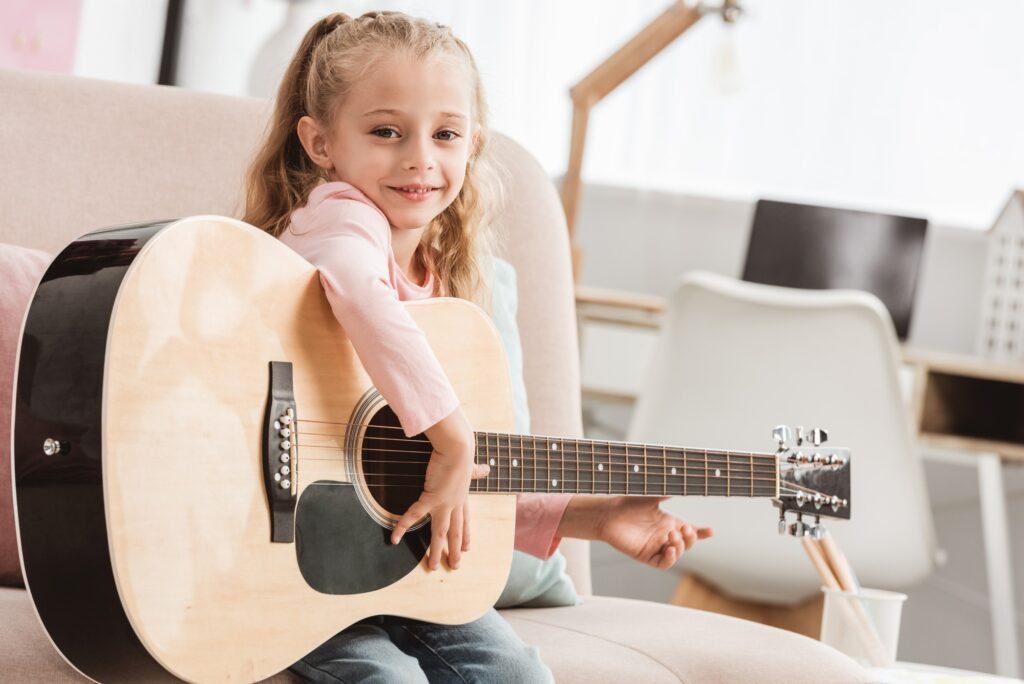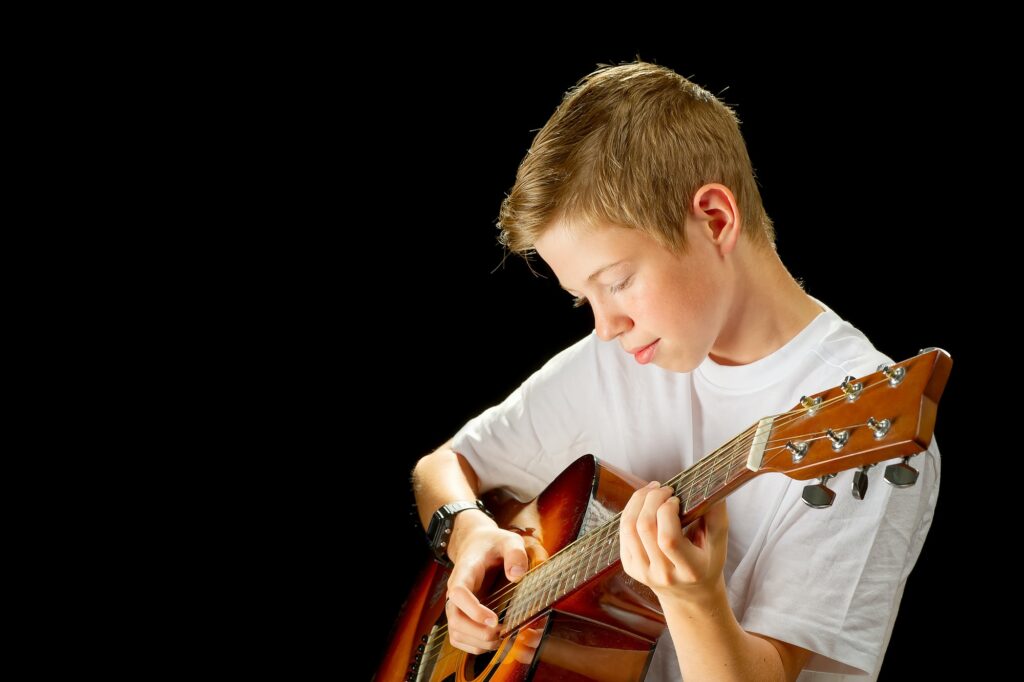BY MEGHAN VANCE • February 5, 2024
Spring is the time of year when many young musicians are participating in music contests, whether as part of a large school group, a small school ensemble, or as a solo performer. For many, “contest” sounds like a frightening word. However, there are many types of contests. These range from prestigious contests meant to show off and reward the most exemplary musicians, to small community contests meant to give students performance opportunities and encouragement.
Knowing what to expect at contest makes the experience less frightening. Knowing about the more intense contests may even inspire you to take your music to the next level. There are three basic types of music contests: those designed for comments, ratings, and rankings.
CONTESTS WITH COMMENTS
These contests are meant to be the least stress-inducing. Students strive to do their best, but are not competing against any other students; as such, many of these prefer to call themselves “festivals” or by some other term that avoids the suggestion of competition. Judges usually work to encourage all participants, as well as provide useful comments (oral or written) on how students could improve their performance or level of musicianship. At some festivals for ratings or rankings, students can choose to perform for comments only.

CONTESTS WITH RATINGS
These contests are often judged by a rubric, and are often a stepping stone between events for comments only and events for rankings. Students usually are not competing directly with other students, but may compete indirectly against others to reach the next level of the contest: receiving a high rating at a regional festival, for example, may qualify you to perform at the state level. Comments may or may not be given. In general, contests are most beneficial to students where comments are provided in addition to ratings.
For contests with ratings, it is helpful to remember three things. First, even though rubrics are meant to make judging more objective, all judging is subjective. Second, contests with ratings may stipulate that judges are only allowed to give a limited number of high ratings. If everyone who performs would receive a I according to the rubric, the judge may feel the need to delineate between those students by using more stringent guidelines.
Below are summaries of ratings given by the Kansas State High Schools Activity Association:
I Rating
An outstanding performance. Few technical errors. Exemplary musical expression.
II Rating
An excellent performance. Not worthy of the highest rating due to minor defects in technique or interpretation.
III Rating
An average performance, showing accomplishment and marked promise. Lacks one or more essential musical qualities.
IV Rating
A poor performance with many technical errors, poor musical conception, and lack of musical interpretation.
V Rating
An ineffective performance indicating major deficiencies in tone quality, intonation, balance, blend, and expression.

CONTESTS WITH RANKINGS (PRIZES)
These contests are competitions, though comments and/or ratings may still be given. At low-key festivals, prizes may be ribbons awarded to the three best performers. Some award performance opportunities, like the Kansas City Symphony’s Young Artist Competition, whose winners perform with the symphony. Some award scholarships or monetary prizes.
In some cases, these competitions may take place as part of a larger experience. The UMKC Summer Piano Festival offers a music camp type of experience, with private lessons and masterclasses; students may also participate in the competition which awards both lessons and scholarships. Similarly, at The Claudette Sorel Piano Competition & Piano Fellows Program, students can choose to participate only in the program, to compete for the $4000 first prize award, or choose to participate in the program and compete. The Cliburn International Junior Piano Competition offers competitors a two-week experience; the 2023 first-prize winner was awarded $15,000 and a $2,500 scholarship.

Contests with rankings exist at the semi-professional and professional levels, as well as student levels. The World Federation Of International Music Competitions is comprised of over 100 competitions aimed at cultivating international artists. Prizes at these competitions may be in the tens of thousands. At the International Tchaikovsky Competition, the Grand Prix award is $100,000.
To learn more about what contests are available to you, speak with your private instructor.

